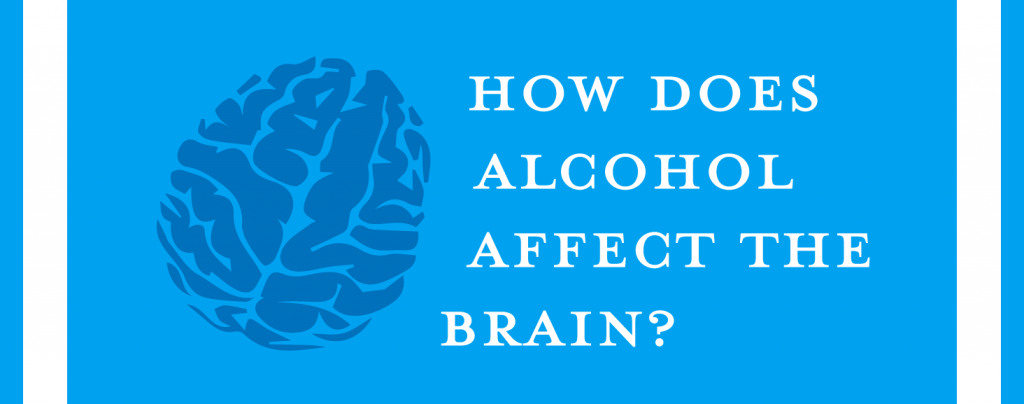How Does Alcohol Affect the Brain?
It’s no secret that alcohol can be a threat to your health. There’s often an emphasis on how chronic or binge drinking can impact the body but how does alcohol affect the brain? Here are some of the biggest ways that alcohol negatively affects cognitive ability and brain function.

Alcohol Impacts Memory
Anyone who has had a few too many alcoholic drinks knows that it can lead to lapses in memory. With a high BAC, or blood alcohol content, the brain lacks the ability to store memory information. That can mean that the day after drinking, you struggle to remember the exact chain of events. In severe cases, it can mean total memory loss or even permanent damage to long and short-term memory.
Drinking Alcohol Can Lead to Wernicke–Korsakoff Syndrome
Alcohol addiction can often lead to low amounts of thiamine in the body, as a result of nutrient malabsorption. When this happens, many people struggling with alcohol addiction also struggle with a disease called Wernicke-Korsakoff Syndrome. This condition leads to problems learning new information, paralysis of the nerves in the eye, a lack of muscle coordination and mental confusion. Permanent brain damage is possible.
Decision Making is Impacted by Alcohol
Your ability to make decisions is dramatically impacted when you’re under the influence of alcohol. Rather than using experience, personality, and logic to make decisions, the presence of alcohol can override rational thought in the brain. That means that drinking alcohol can lead to poor decisions and risky behaviors, often with no thought to the consequences.
Alcohol Consumption Reduces Visuospatial Recognition
One of the less common ways that alcohol affects the brain is poor visuospatial recognition. We recognize objects because of their shapes and the way they relate to other shapes around them. Alcohol can change the way that the brain sees objects, which can be confusing and lead to serious long-term problems when shopping, driving or judging distance.
Addiction Can Develop Thanks to Changes in the Brain's Reward Center
An addiction to alcohol can develop for a number of different reasons. One of the most significant reasons, however, is the way that alcohol can change the brain’s reward circuits. When you drink alcohol, your brain releases large amounts of dopamine, which in turn create the sensation of pleasure. Over time, these large amounts of dopamine drown out other sources of pleasure. Food, sex, and companionship no longer create significant amounts of dopamine, which is part of what creates an addiction. Once alcohol changes the brain chemistry and results in addiction, professional support is necessary. Now that you know the answer to, “how does alcohol affect the brain?”, you can stop the problem in its tracks. Treatment, medical care, and psychotherapy can all contribute to recovery. At Silver Pines Treatment Center near Hazleton, Pennsylvania, you can begin the recovery process. End your addiction to alcohol by calling 267.719.8689.





